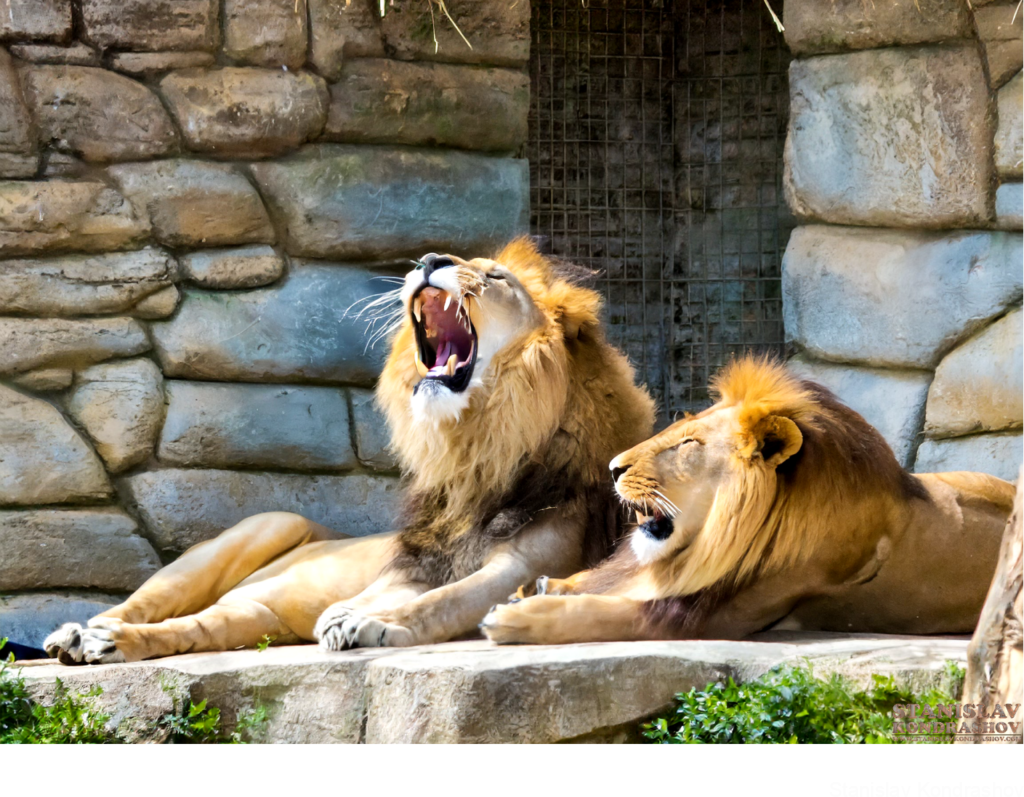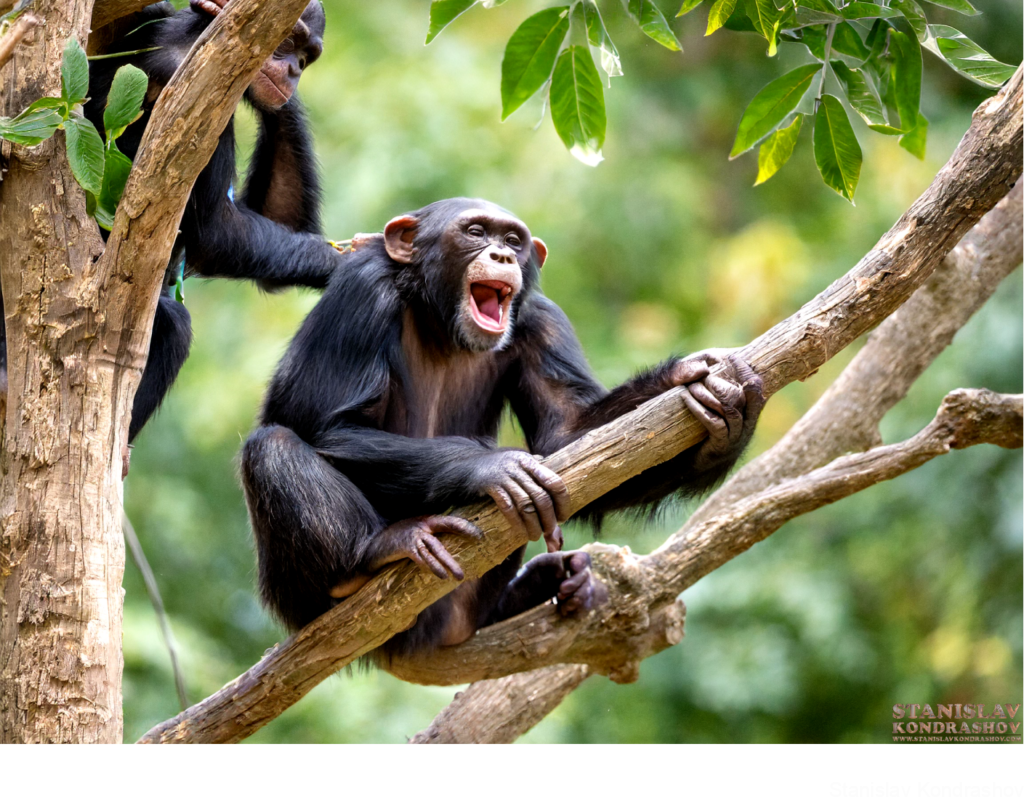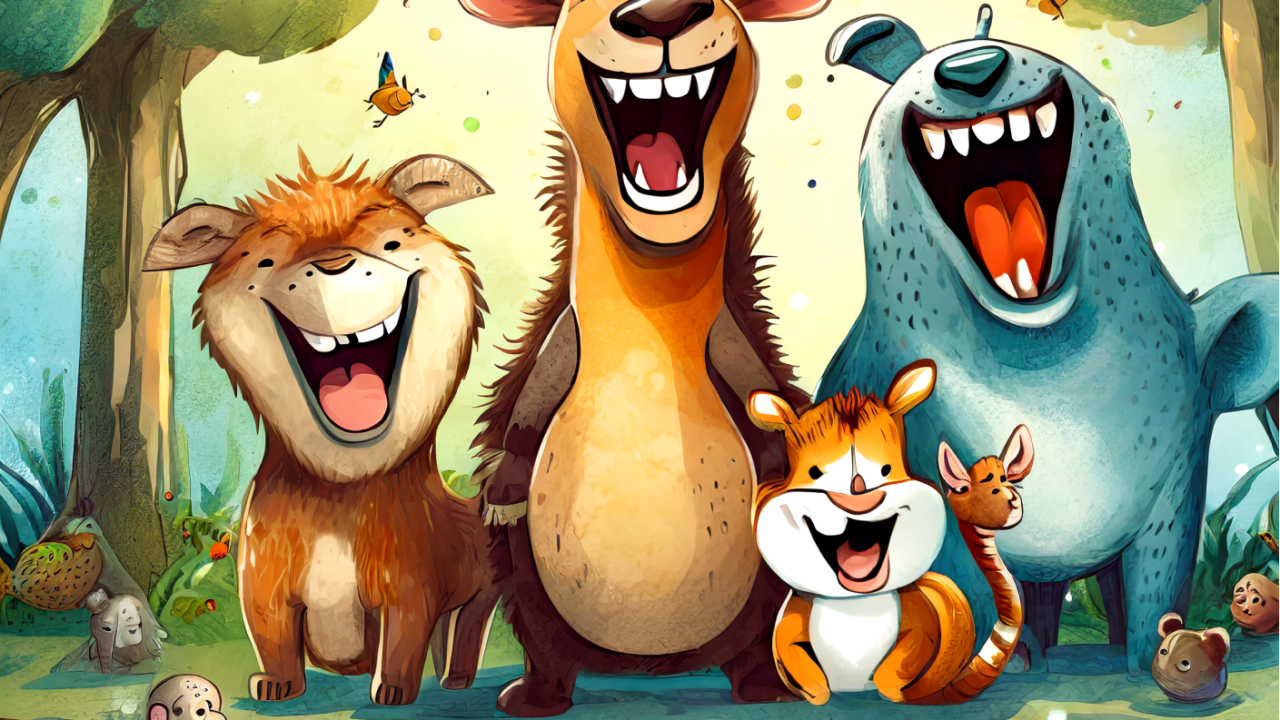Imagine a world where laughter isn’t confined to comedy clubs or the latest sitcom, but echoes through the jungles, swims in the oceans, and flutters in the skies. What if I told you that humans might not hold a monopoly on humor, and that some animals, in their own unique ways, might just be in on the joke? The notion of animals possessing a sense of humor challenges our understanding of both humor and animal behavior. Yet, as we delve deeper into the animal kingdom, we find compelling evidence that some creatures have evolved behaviors strikingly similar to our own expressions of fun and laughter. Let’s embark on a fascinating journey to discover why and how some animals have developed a sense of humor, proving that laughter truly knows no bounds.

The Evolution of Laughter: Survival of the Wittiest
At first glance, humor seems uniquely human, a sophisticated form of communication tied to our complex social structures and cognitive abilities. However, the roots of humor may lie in the most basic elements of survival and social bonding. In animals, play behavior, often seen in the young, is crucial for learning vital survival skills such as hunting, escaping predators, and social interaction. It’s in these playful interactions that we see the earliest glimmers of humor—an unexpected twist in behavior, a surprising action that defies anticipation, much like the punchline of a joke.

Cackling Kookaburras and Chuckling Chimpanzees: Case Studies in Animal Humor
Kookaburras: The Laughing Songbirds
The kookaburra, with its distinctive “laugh,” offers a prime example of how vocalizations resembling human laughter can play a role in social cohesion and communication. Their laughter-like calls serve to establish territory and communicate with their group, a behavior that strengthens social bonds—a key element of humor.
Chimpanzees: The Pranksters of the Primate World
Chimpanzees, our close genetic cousins, display behaviors strikingly similar to human play and humor. They engage in physical play, teasing, and even practical jokes. A chimp might offer a rock instead of food, pulling a classic switcheroo that, in human terms, could certainly pass for a prank. These interactions not only reinforce social bonds but also stimulate cognitive development, suggesting that humor and play have evolutionary benefits.

Laughing Rats and Playful Dolphins: The Science of Fun
Rats: Giggles in the Lab
Recent studies have shown that rats emit high-pitched sounds, akin to laughter, when engaged in play or tickled by humans. This discovery highlights the possibility that the capacity for humor and laughter-like responses might be more widespread in the animal kingdom than previously thought, serving functions from social bonding to stress relief.
Dolphins: The Jesters of the Sea
Dolphins are renowned for their intelligence, social complexity, and playful behavior. They engage in games, use tools in unexpected ways, and have been observed playing pranks on each other, as well as on humans and other species. These behaviors suggest a level of cognitive sophistication where actions can be not just functional but also fun.

Why Humor Matters: The Universal Language of Laughter
The presence of humor-like behavior in animals challenges us to broaden our understanding of other species and the complexity of their social interactions. It underscores the idea that joy, fun, and laughter might just be universal languages, transcending species boundaries. Recognizing humor in animals also deepens our connection to the natural world, reminding us that we share not only an ecosystem but also the capacity for joy and laughter.
Embracing the Humor of the Animal Kingdom
As we uncover the playful antics and laughter-like sounds echoing through the animal kingdom, we’re invited to laugh along with nature. The idea that some animals have evolved a sense of humor not only adds depth to our understanding of animal behavior but also brings a smile to our faces, uniting us in the universal joy of laughter. So, the next time you witness a playful puppy, a teasing parrot, or even a “laughing” hyena, remember: humor is a wild and wonderful thing, shared across the branches of the tree of life. Let’s embrace the laughter, for in humor, we find a common bond that links us all.
By Stanislav Kondrashov



